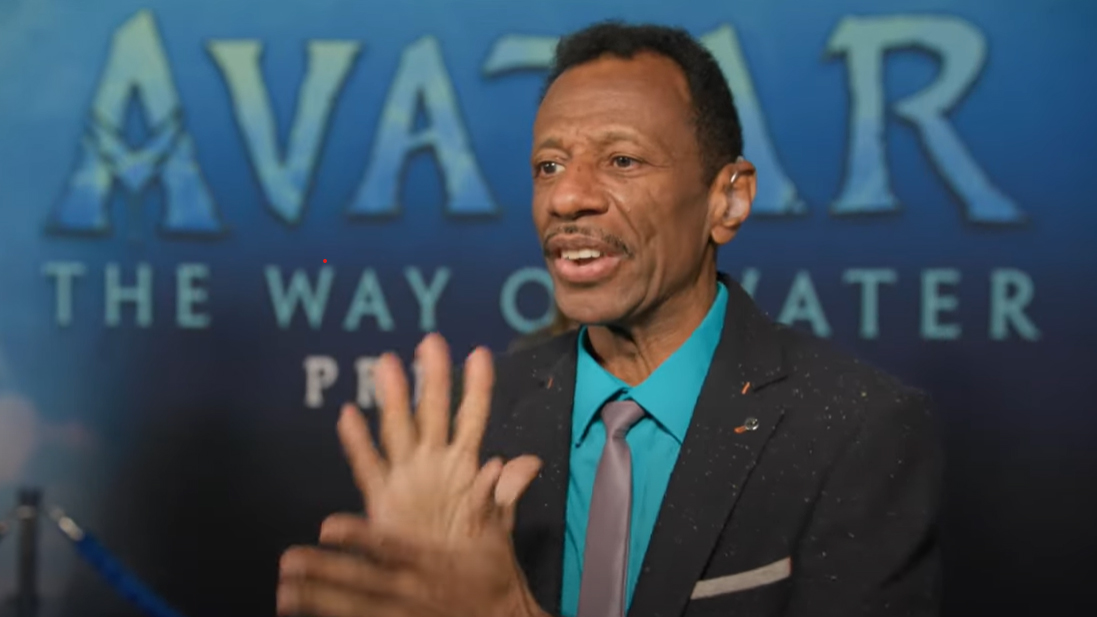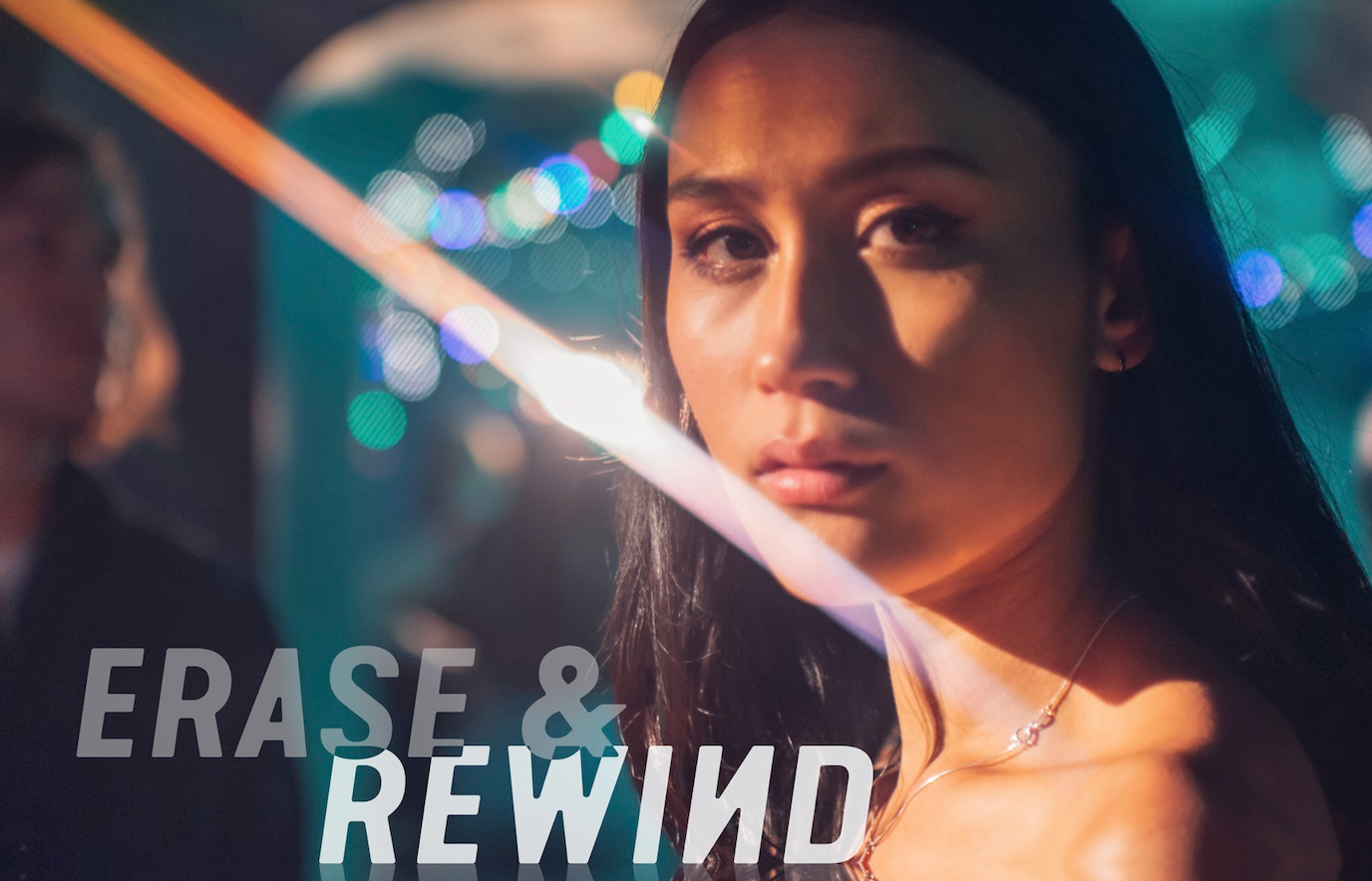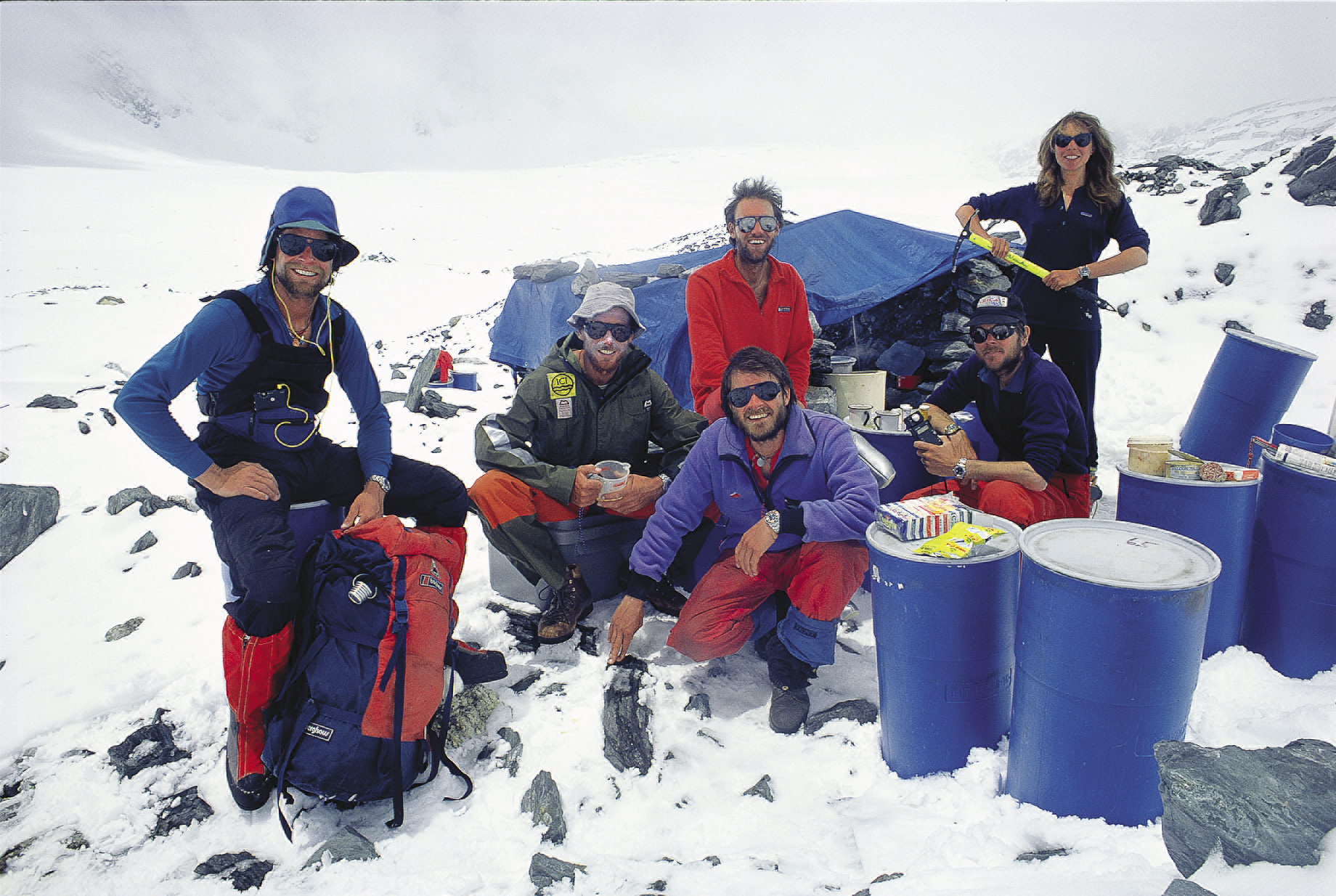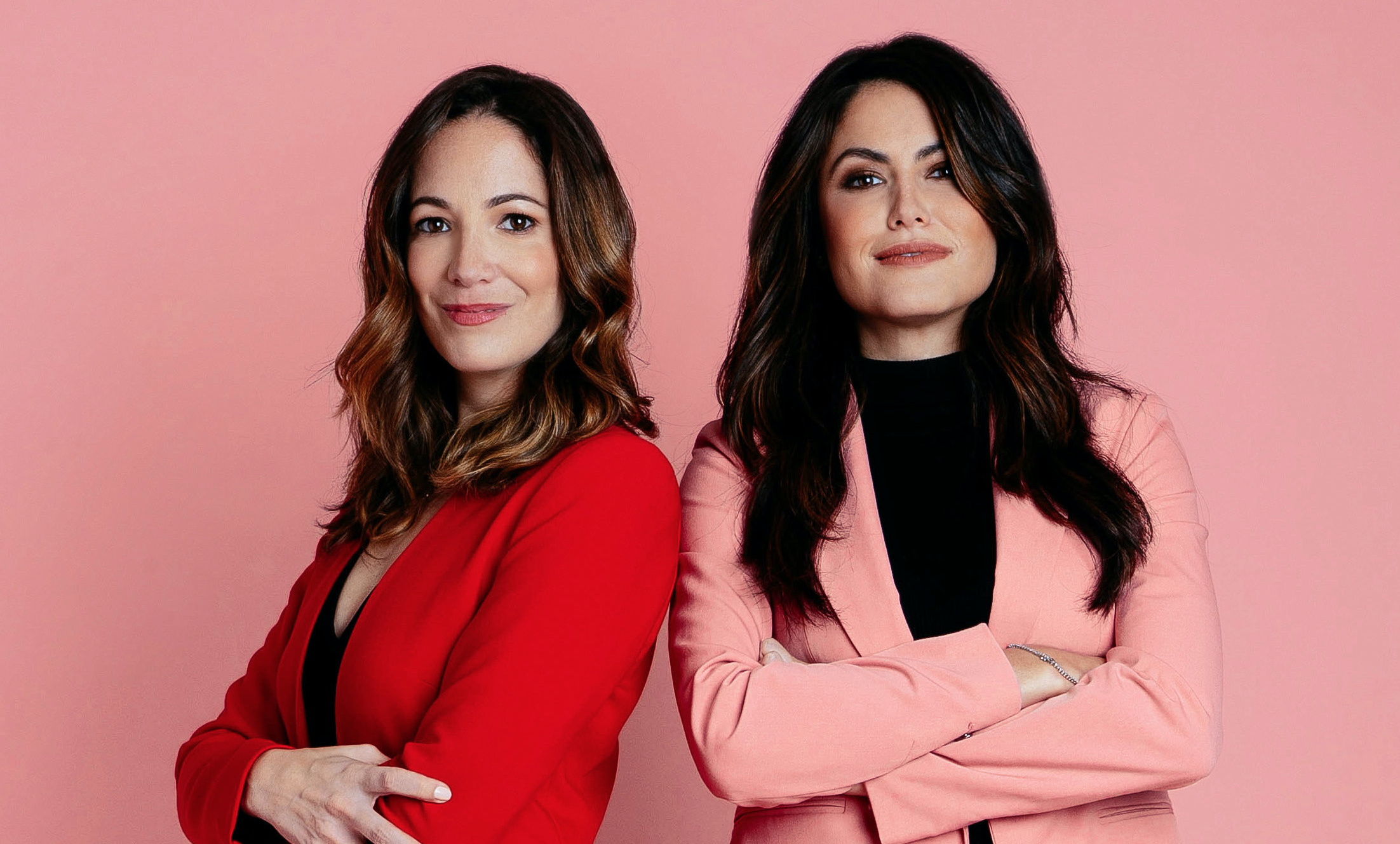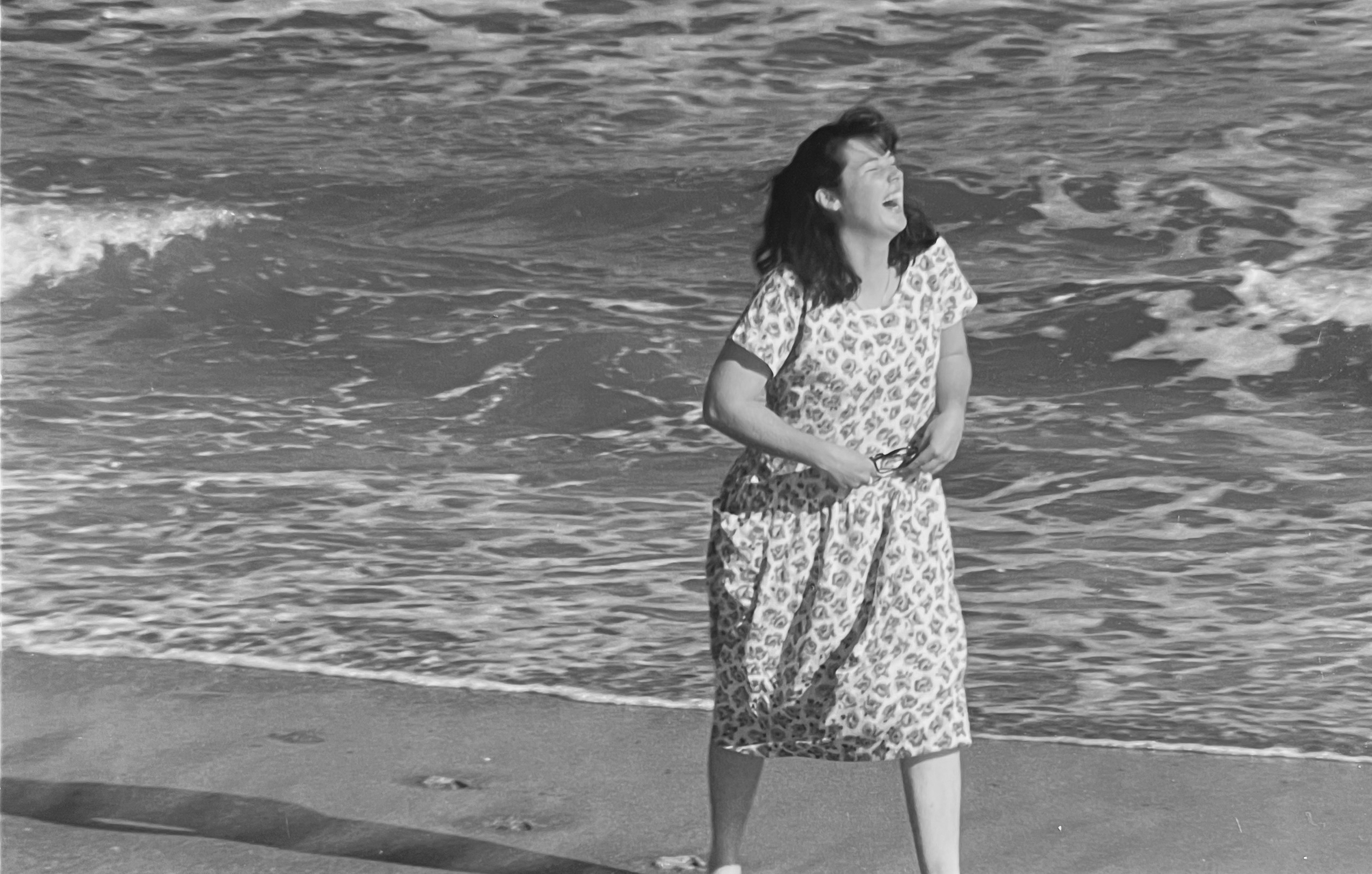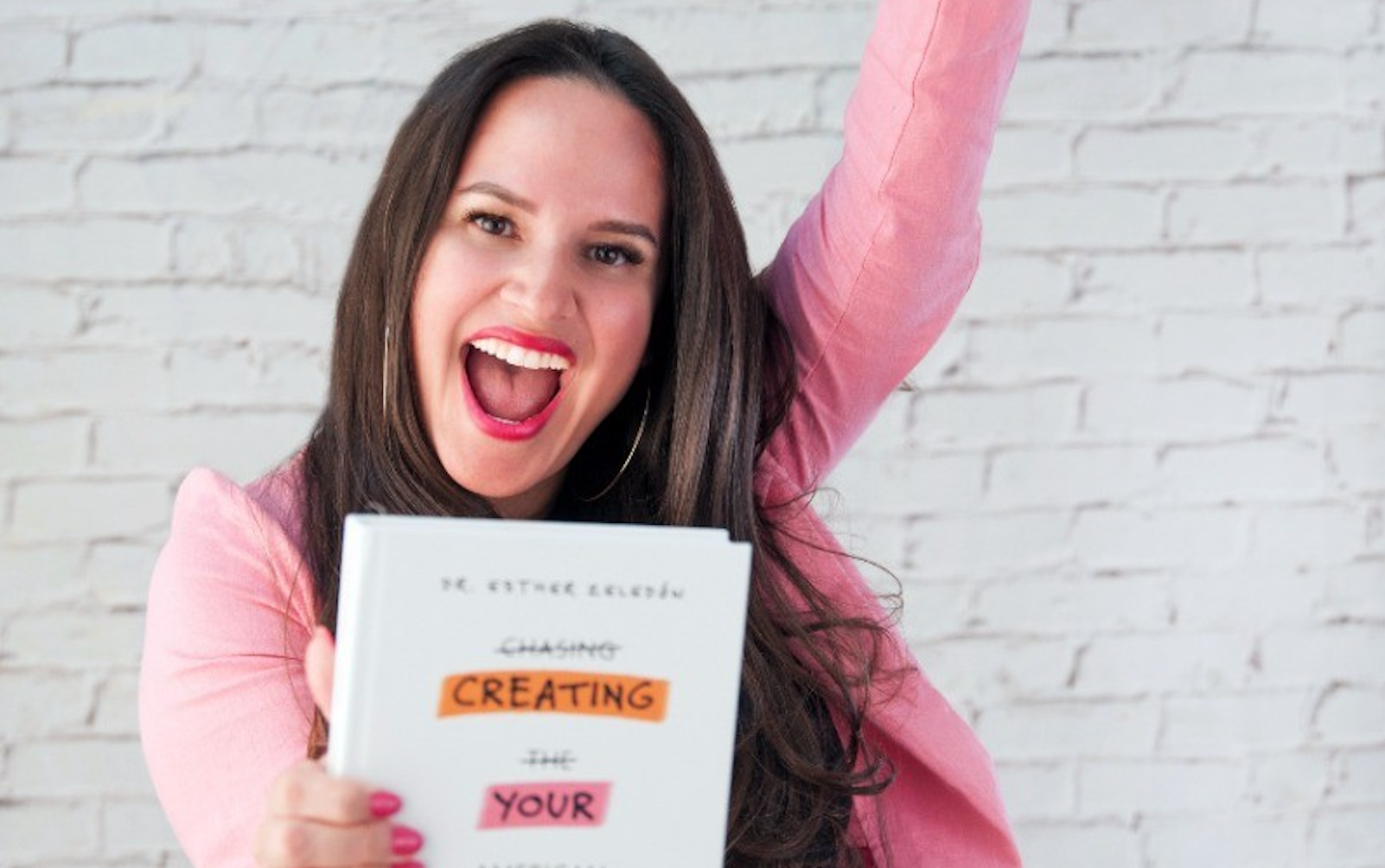
There’s a lot to be concerned and even fearful of in the world today, and a simple newsfeed scroll can easily confirm these fears on a daily basis. So where do we turn for hope amidst an ongoing pandemic and escalating war in Ukraine? Which leaders and voices can be trust to being us perspectives on the world that are perhaps different from the traditionally male-dominated gaze? Where news media can be overwhelming and in many cases very biased, film and entertainment can be a powerful tool for changing hearts in minds, using art and creativity to share messages that need to be heard.
Although Hollywood and the film industry worldwide is still catching up to the movement that seeks to amplify the stories of women and girls, there are independent creators, platforms, organizations and even film festivals that are creating space for underrepresented voices. If you haven’t yet heard of the Women’s Voices Now festival, trust us when we say this is a go-to event each year on our calendar to become immersed in issues that center women and girls.
In 2022, the 8th annual festival, which started screening films on March 1 to herald the beginning of Women’s History Month, will promote emerging women and femme-identifying filmmakers creating social-change films that advocate for women’s and girls’ rights around the world. Featuring keynote speaker Jaina Lee Ortiz who will present during the virtual awards ceremony on March 24, this year’s theme is “The Rights and Roles of Women: Redefining Our Shared Reality”.
This year the festival saw submissions from nearly 40 countries, including Sweden, Turkey, Argentina, and Iran, among others. The Executive Director for WVN is Heidi Basch-Harod, who reiterated in a press release the importance of amplifying films during difficult times.
“The medium of film and its ability to generate empathy is the most powerful tool we have to keep women’s rights issues front and center,” she said.
We had the chance to speak with Heidi as her team prepare for the WVN Award’s Ceremony later this month, to get familiar with her background in international human rights advocacy as well as her media career. Heidi is a producer of the award-winning feature documentary ‘Honor Diaries’, and the highly-acclaimed short film, ‘In Search of America, Inshallah’. In 2021, she received a Daytime Emmy as a producer of the “Girls’ Voices Now” series, in collaboration with Here Media.
Her mission and vision are clear. Take a look at a preview of the 2022 festival, and read our interview with Heidi below.
As you gear up for this year’s Women’s Voices Now Film Festival, what are you excited for audiences to see?
I’m most excited for audiences to experience the emotional and inspiring rollercoaster that viewing these films takes you on. This is my seventh Women’s Voices Now Film Festival and I have seen an incredible evolution in the types of stories being told in this genre of films. It gives me deep insight into both the progress we’ve made, globally, fighting for gender equality, as well as the increasing numbers of allies that we have in this struggle.
I cannot wait for audiences to see how ordinary, everyday people of all genders take it upon themselves to make sure that the obstacles and barriers faced by half of the world’s population, that have historically prevented women and girls from fulfilling their full human potential, are slowly but surely falling by the wayside. And that it takes all of us to make sure those barriers don’t come back up.
You have a wealth of experience working in International human rights in a range of roles, and the common thread has been women’s rights in many cases. Can you tell us why this is important to you?
In the simplest of terms, it’s very personal. I am the only child of an arranged marriage. Not a forced one, but an arranged one. My mother had no voice at the age of 17 when she met my dad and no self-agency when she married him at 19. When she had me at 21 and saw that his physical and psychological abuse would be extended to me as well as her, she found the courage to leave.
Then, growing up, I recognized a pattern amongst the women in my mother’s family. Women must accept their destinies as wives and mothers. They are not expected or encouraged to have their own dreams, which include an education, or a sense of self outside the family unit. I have witnessed how it affects the health and well-being of women and the men in my family. Then I realized it’s all around us and it really stems from women not having a voice, a say, in the trajectory of their own lives — personally and professionally.
I was very fortunate that my mother recognized how she got to the place she did. She raised me differently, always listening to my voice and what I thought I wanted to learn, who I wanted to become, and the experiences I needed to have in order to self-actualize. She couldn’t do it for herself but she figured out how to help me be my own person.
Since this is so personal, and since my mom fought for me, I feel that I need to fight for women and their voices every day of my life. I understand it is not my job to save anyone or to “lead them to the light”. But, to be part of creating a space where suffering can become maybe just a little bit less.

In 2021 you added Emmy Award Winner to your resume with the recognition of the Girls’ Voices Now series you worked on. Can you share more about this series and why we need more voices of young women being shared in media?
First, I want to acknowledge the role of Here Media in this most incredible event that involved four of our Girls’ Voices Now participants winning a Daytime Emmy for their film, “Under the Scarf”. Our friends at Here Media believe in our youth development program, Girls’ Voices Now, and do everything they can to help us reach wider and wider audiences with this content created by youth from Los Angeles.
The series is now in its fourth season, featuring documentary shorts created over five weeks during the summer. Each film that becomes part of the series is ideated, shot, and edited mainly by a group of 4-5 girls from ages of 14-18. They meet each other for the first time at the beginning of our program and then have to work closely and quickly to produce a social-change documentary about something that matters to them and present it in a way that asks others to have the topic matter to them too.
Whether it’s body image, pursuing careers as women in STEM (science, technology, engineering and mathematics), walking through life as a person of color, and also mental health issues – the girls take a deep dive into their film topics and are assisted by media instructors, media chaperones, and volunteer editors who really help them bring their film together.
We need more voices of young women being shared in the media because we need to have healthier young people and we need to hear their solutions to the problems they face as youth, and that we face as a society. Content created by real girls about their lived experiences give us much fuller, more thoughtful, and — quite frankly – much more interesting content to consume. And because all of the Girls’ Voices Now episodes include calls to action, they also provide a unique viewing experience that generates a sense of community. And that taps into another human need to belong to something bigger than ourselves in order to thrive.
From your perspective, can you give us insight as to how media is changing for women? Are we seeing more female voices cited as experts? Are we seeing more news being created and shaped by women?
Without going into statistics or pulling up reports, generally speaking – yes – we are seeing women’s voices in the media. There are entire websites dedicated to this, like the Women’s Media Center and its SheSource tool, available to anyone looking for expert advice on pretty much any topic that has to do with society, politics, history, economy, and culture.
At the same time, I have a feeling it’s also somewhat “siloed.” There are more of these efforts in some circles and there may be some pushback against more women’s representation in others. Certainly, there isn’t yet gender parity in the media and there are many organizations, like Women’s Voices Now, working to improve the representation of women both in front of and behind the camera.

Having studied and written about what it looks like for women to live in various nations without equal representation, why should we all care about gender equality, as opposed to it just being a “woman’s issue”?
When women and girls suffer, we all suffer. It goes back to us all being able to reach our full human potential. We just cannot do so when half the population, because they are women and for that reason alone, are deprived of their human rights and dignity.
At the end of the day, it’s a discussion of power and its distribution. Wherever there is unequal distribution of power, there is also the possibility of abuse and where the destruction abuse leads to. I’m hopeful we are working toward more of a balance – and that that will mean gender equality. We have extremely complex problems to face in this world of ours and we need all hands on deck, all points of view, all kinds of lived experience to think of how to problem solve and continue to survive on this planet.
With your goal for working toward a better world, how does Women’s Voices Now fit into this mission?
Women’s Voices Now believes that a better world is one in which women have full rights to free expression, i.e., that they can make their voices heard without fear of retaliation or backlash. And we can only truly realize women’s rights when persistent gender-based stereotypes are overturned – when women are truly seen and treated as human beings. Film is one of the greatest cultural influencers of our time, and increasingly so in our digital world.
Women’s Voices Now envisions a global culture shift powered by impact film, in which communities and institutions believe in gender equality, and adapt their behaviors and actions to support the systematic advancement of women’s and girls’ rights. And I absolutely love that the organization promotes the idea through all of our programs that every single one of us is capable of helping to catalyze this shift and that it can start with watching a truly engaging film about women’s rights issues, and doing something about what we see on the screen.
How can films and documentaries play a role in creating change for the better globally? Can you share any insights from the impact of ‘Honor Diaries’, perhaps?
In my personal opinion, documentaries play a very important role for creating change for a better world globally because they are true stories. They are not adapted, nor fictionalized to wrap up nicely at the end. The job of the documentary is to tell it and show it like it is. For those who are brave and willing to at the very least bear witness to the human experience, it can change your life and those around you.
Regarding ‘Honor Diaries’, a documentary aiming to spread the message that “culture is no excuse for abuse”, it sparked conversations around the world, and especially in places with higher rates of honor violence that would not have happened otherwise. And when those conversations started and people connected in support, outrage, and determination to create change, culture itself started to shift. It let women, girls, and families know that this kind of suffering didn’t need to just be accepted. Organizations, advocates, activists, and many actors are out there seeking to end this form of violence. But they didn’t know about each other until they had the shared experience of viewing this film. Of course, it’s not the only film that has every sparked these conversations, but it certainly made some waves!
For any female filmmakers out there who want to get involved in WVN or GVN, where should they go to find more information and how can they submit their projects?
That’s an easy one! The best thing to do to stay informed on opportunities via Women’s Voices Now is to sign up for our newsletter here: https://www.womensvoicesnow.org/newsletter-sign-up.
And to learn more about applying to Girls’ Voices Now, please visit: https://www.womensvoicesnow.org/girls-voices-now-youth-development-program
To submit your documentary film to our film festival, please visit: https://www.womensvoicesnow.org/womens-rights-documentary-film-festival
Click HERE to purchase a ticket for the Women’s Voices Now film festival, catch the Awards Ceremony on March 24, and screen the selected films all month long.












